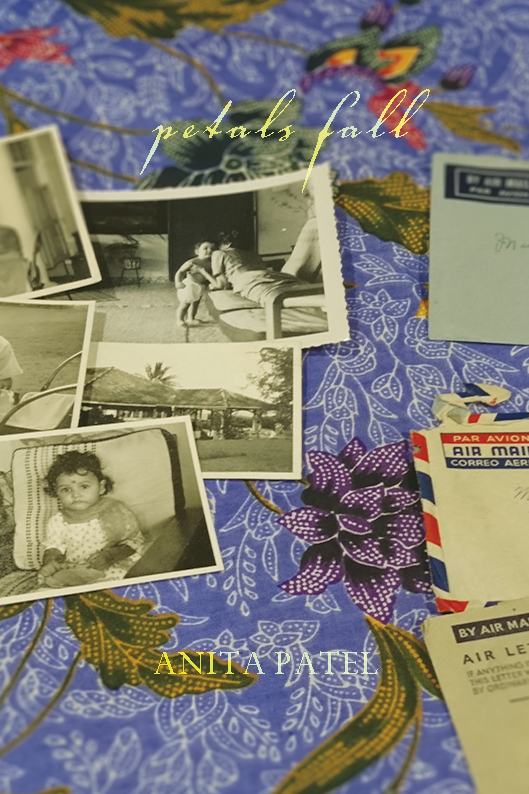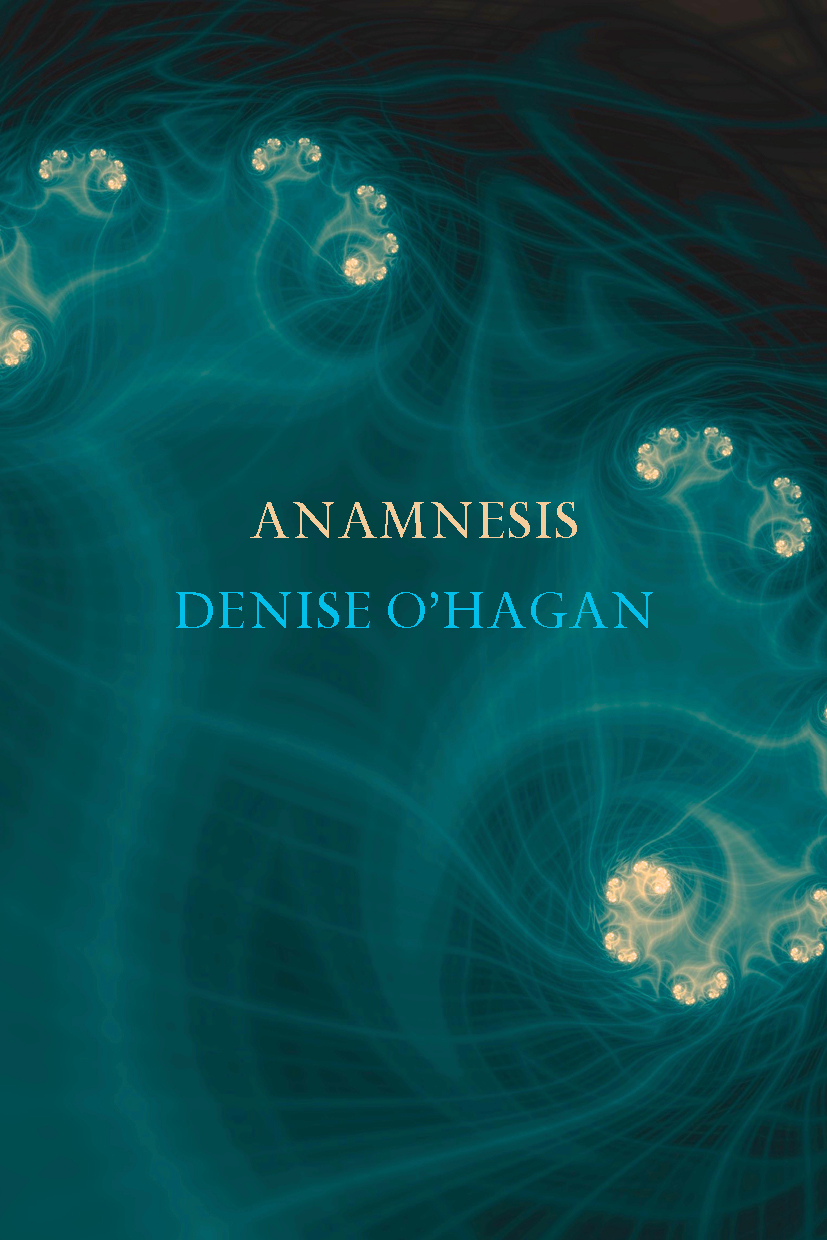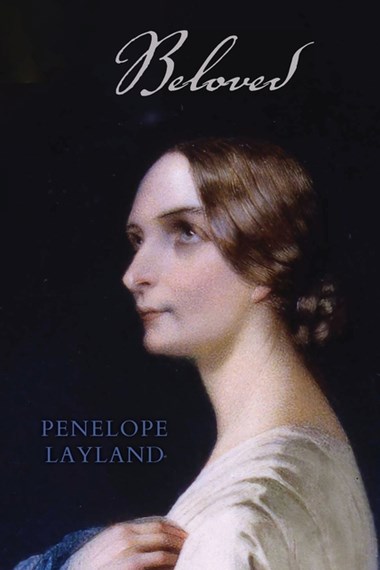

 Petals Fall by Anita Patel
Petals Fall by Anita Patel
Recent Works Press, 2022
Anamnesis by Denise O’Hagan
Recent Works Press, 2022
Beloved by Penelope Layland
Recent Works Press, 2022
Since 2015, Recent Work Press has published a consistently high standard of poets with years of accomplished adventure including Paul Hetherington, Peter Bakowski, Anne Casey, Damen O’Brien, Phillip Hall, Anne Elvey, Jennifer Compton, Rico Craig, Heather Taylor-Johnson, Cassandra Atherton, Jen Webb, Adrian Caesar, and so many others. Initially, it was Canberra-oriented but has extended its author base to include national and international poets. Also, it considers the work of newer poets such as the following with forthcoming debut collections: Ally Chua, Es Foong, and Thabani Tshuma. Shane Strange, the founder of the press, explains the impetus in an interview with Rosanna Licari of StylusLit (Issue 11) as:
I wanted, in a sense, to democratise the fact of a book being published and to perhaps put a little pressure onto what was seen as ‘good’ poetry in Australia.
This press, with its continuous energetic output, is an invaluable contributor to Australia’s poetry and literature. In 2022, it released another twelve single author books including Petals Fall by Anita Patel, Anamnesis by Denise O’Hagan and Beloved by Penelope Layland. These are offerings with distinct worlds, form, and language. Each book deserving of a separate analysis.
The fifty poems in Petals Fall are sequenced deftly and carefully to provide a sense of storyline. One that is not easily described by including those frayed words – journey, migrants, heritage – as there is a spiritual, philosophical, or political inquisition underpinning the lines of each poem. From the opening poem ‘Vanished’, we are engaged with the nuance of culture folded within culture folded within culture as the poet’s mother from Kuala Lumpur searches for her daughter’s Italian wedding dress within the “Chinese camphor wood chest / (owned by her mother)” (1). This poem is weighted with the personal in order to take us to those moments in our lives where parental expectations misalign:
like flimsy dreams for a cherished daughter who did not share her sorrow at this loss––but gratefully received the empty, teak hard box carved with galloping horses, swaying trees and boatmen crossing a stormy river. (1)
The series of poems which follow herald the legacy of the grandmother and mother who have experienced war – the 1942 invasion of Malaya by the Japanese-carrying their survivor stories through visceral memories:
My grandmother pressed a black thumbprint
on my forehead whenever anyone called me a pretty baby
Don’t tempt Providence, she said––it doesn’t do to plan or praise––
('Tempting Providence', 2)
Ah Peng is shouting: Nei soeng sei maa? Do you want to die? She hauls
me out and plonks me on a wooden bench.
The bright sky booms and shatters. Our world dissolves––toys, snacks,
rambutan tree, shady verandah, rippled water, sunshine…
('Sungai Besi, 1941: War Begins', 3)
The ellipsis after “sunshine” introduces the invisible words that continue to tell the story. Given the context, they can be likened to ghosts of poetry inhabiting the spaces between the dots. Patel utilises ellipsis, em-dashes, commas, and full stops throughout the collection, providing the pauses and breath required for her interconnected narratives and images.
In her hybrid poem ‘Travelling to Tampin’, Patel interposes sections of her mother’s journal––describing “fleeing to a rubber plantation in the jungle ” (7) in the Tampin district of Negeri Sembilan to escape the war in Kuala Lumpur with her own experience of taking a train to the same destination in 2019:
I wish I could have thought of you as I travelled to Tampin on that fast train,
inhaling
wafts of nasi bungkus and admiring the view… (7)
Patel integrates her mother’s documentation of war experience in a way that adds value to what is missed or neglected in institutionalised archives:
The day was exceptionally hot and muggy. I sat uncomfortably between my two
sisters.
When we turned off the road into the jungle, it was much cooler. (7)
It is poetry that does more than reimagine lives from photo albums as Patel seeks truth through lived experience. In dialogue through her mother’s writing, she creatively documents the impact of war and vicarious inheritance. There are resonances with the poignant, powerful work of Charmaine Papertalk Green in her award-winning collection Nganajungu Yagu (Cordite Books, 2019). In a First Nations context, Papertalk Greens’ hybrid writing shows how to extend historical research through motherline correspondence – excerpts from her mother’s letters inspire a response that extends knowledge of First Nations endurance of colonialism during the 1970s, if not earlier. In a migratory context, Patel’s poem, titled ‘Picking up the post’, consolidates excerpts “from family letters to my mother as a student in England 1951-1955 found after her death ” (epigraph, 22) to provide a cultural collage from birthland:
on the way to Mass), Uncle Eric
back from
the jungle with a wild piglet (alamak!)
squealing and
running all over the kitchen…
Dolly’s first baby (safely delivered),
Cousin Ernie (so naughty lah) fired his catapult (22)
In other poems, Patel retells stories and acknowledges who they’re from. “My daughter looks like your daughter… (Rita’s story )” is one from Patel’s Eurasian cousin about a Japanese soldier showing unexpected kindness:
The officer speaks to her in English: In my country, a mother with many
children is honoured.
Then he looks at me––a skinny eight year old, fringe pasted flat over
my black eyes. He pulls a photo out of his wallet. My daughter––looks
like your daughter.
And there she is––my Japanese twin. Her straight hair chopped into a
bowl, her dark eyes gazing at me. Her father tucks her back into his
pocket.
The next day tins
of food appear at our door. (4)
Towards the end of the collection, the Japanese soldier is evoked like a shadow character in a narrative arc, returning as Patel travels to Miyajima, Japan. He is not the same soldier as in ‘Rita’s story‘ yet has the same impact; her grandmother calls him “Jack in the Box ”. He would “pop up when least expected / with offerings of food for the baby” (41). A survival story to plant among the sacred shrines and “cherry trees” as Patel acknowledges Japan’s devastation:
under White Dragon Stream and
Cool Breeze Tea House and
Field of Good Harvest––
so many crumbled bones
('In Shukkei-en Garden (Hiroshima)', (40))
In a number of poems, Patel incisively unravels the established norm to provide another sensibility – in a sense, speaking up or advocating for the Malaysian culture, which is marginalised within the dominant culture. Supermarket chicken is compared to “kampong chicken” (13), the pantoum is contrasted to the “pantun” (12), ‘Cocky’s Joy’ (18) to Malaysian cuisine. These poems sink into a common experience, such as the primary school’s annual nativity re-enactment in ‘Come to the Manger’, where the hierarchical ordering we have grown up with is played out:
I am not the Virgin Mary, milky white, veiled in blue, that role belongs to Margaret with the golden hair. I am one of the children who come to the manger, kohl eyes shining in my small brown face, dressed in a lengha and choli cut from my mother’s oldest sari, my friend Lorraine steps beside me wrapped in vibrant Jamaican colours. Cheongsam, sarong, kaftan and kurta parade, brightly, on the lit stage. Our parents cheer as we deliver gifts to the Christ Child. Margaret with the golden hair smiles sweetly, as we kneel in front of the Virgin Mary. (15)
Patel has an ease with juxtaposition, such as in ‘Storm’, where a nurse assisting an older father to shower is set against a 1960s memory of a tropical downpour (19). The current collapses into the past becoming the whole way of seeing the scene. Throughout the collection, a tumble of emotions – grief, despair, outrage, ache, solace, calm – are felt in “the tensile strength” (back cover) of Patel’s responsibility as a poet and a documenter.









